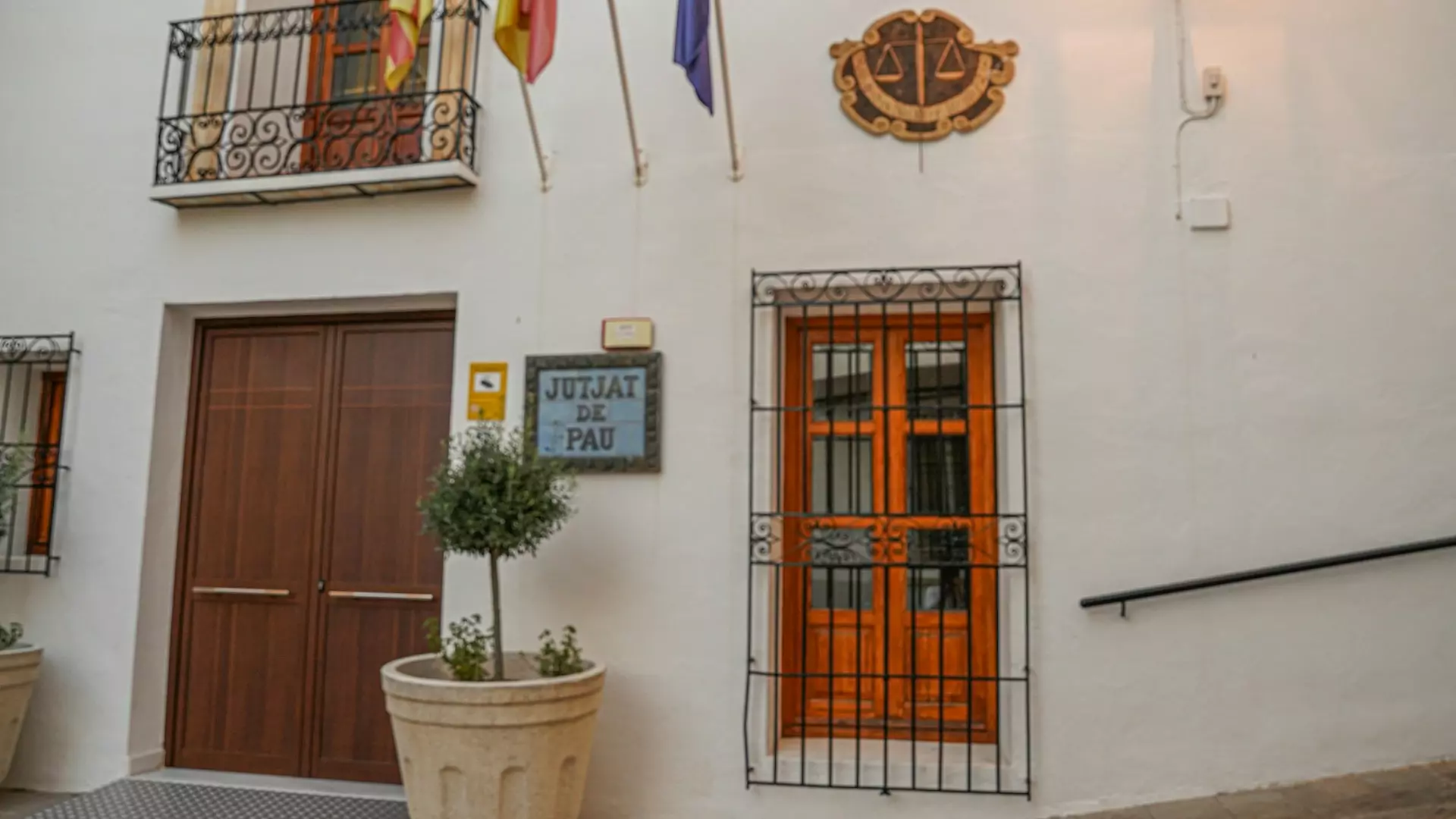Spain has taken decisive action to address growing concerns about tourist behavior and foreign property ownership with comprehensive new legislation that promises to reshape how visitors experience the country. These groundbreaking laws represent the most significant regulatory changes in Spain’s tourism sector in decades, directly responding to mounting pressure from local communities who have voiced concerns about overtourism and its impact on their daily lives.
Get 50% OFF!
Subscribe to our newsletter and enjoy a 50% discount on all listing packages, no strings attached!

The new regulations extend far beyond simple tourist conduct, encompassing foreign nationals who own residential properties and establishing a framework that balances tourism revenue with community wellbeing. As one of Europe’s most visited destinations, Spain’s approach could set a precedent for other countries grappling with similar challenges related to mass tourism and housing accessibility.
Spain Cracks Down on Tourist Misconduct
The Spanish government has implemented stringent measures targeting disruptive tourist behavior, particularly focusing on activities that have historically caused friction between visitors and local residents. These new laws specifically address excessive noise, public intoxication, and inappropriate conduct in residential areas, with enforcement mechanisms designed to ensure swift consequences for violations. The legislation recognizes that tourism’s economic benefits must not come at the expense of local quality of life.
Regional authorities now possess enhanced tools to monitor and respond to problematic tourist behavior, with particular attention paid to popular destinations that have experienced the most significant impact from overtourism. The laws establish clear behavioral expectations for all visitors, regardless of their country of origin or length of stay, creating a unified standard that applies across Spain’s diverse tourism landscape.
New Penalties Target Disruptive Visitors
Financial penalties for tourist misconduct have increased substantially under the new framework, with fines ranging from moderate amounts for minor infractions to significant sums for serious violations. The penalty structure includes:
- Noise violations: Fines between €300-€3,000 depending on severity and time of occurrence
- Public intoxication and disorderly conduct: Penalties from €600-€6,000
- Damage to public or private property: Fines up to €30,000 plus full restitution costs
- Repeat offenses: Escalating penalties that can include temporary bans from specific regions
Beyond monetary consequences, the legislation introduces the possibility of temporary or permanent exclusion from certain tourist areas for individuals who demonstrate patterns of disruptive behavior. These measures aim to create immediate accountability while deterring future misconduct, ensuring that the vast majority of respectful tourists can continue enjoying Spain’s attractions without interference from disruptive elements.
Foreign Property Owners Face Stricter Rules
Foreign nationals who own residential properties in Spain now operate under enhanced regulatory oversight designed to ensure their properties contribute positively to local communities. The new laws require foreign property owners to register their properties with local authorities and comply with specific maintenance and usage standards that align with neighborhood character and local housing policies. These requirements apply whether properties are used as personal residences, rental investments, or remain vacant.
The legislation introduces mandatory reporting requirements for foreign property owners, including annual declarations about property usage, rental activities, and compliance with local regulations. Properties used for short-term rentals face additional scrutiny, with owners required to obtain specific licenses and adhere to strict operational guidelines that limit potential disruption to residential neighborhoods. Non-compliance can result in substantial fines and, in severe cases, forced sale requirements.
Regional Governments Gain Enforcement Powers
Spain’s regional governments have received significantly expanded authority to implement and enforce tourism-related regulations according to their specific local needs and challenges. This decentralized approach recognizes that tourism impacts vary dramatically between regions, allowing areas like the Balearic Islands, Catalonia, and Andalusia to develop targeted responses to their unique circumstances. Regional authorities can now establish additional restrictions beyond national requirements and create specialized enforcement units.
The enhanced regional powers include the ability to limit tourist accommodation in specific areas, implement seasonal restrictions on certain activities, and establish mandatory registration systems for all tourism-related businesses. Regional governments can also coordinate with national authorities to share information about problematic visitors or properties, creating a comprehensive monitoring system that spans the entire country while respecting local autonomy.
What Travelers Need to Know Before Visiting
Visitors planning trips to Spain should familiarize themselves with both national and regional regulations that may affect their stay, as ignorance of local laws will not excuse violations under the new enforcement framework. Travelers are strongly advised to research specific requirements for their intended destinations, as rules can vary significantly between regions and even individual municipalities. Booking accommodations through licensed operators and verified platforms helps ensure compliance with local regulations.
Practical preparation should include understanding noise restrictions in residential areas, respecting local customs and community standards, and maintaining appropriate travel insurance that covers potential fines or damages. Visitors should also be aware that enforcement has become more active and visible, with increased patrols in tourist areas and enhanced cooperation between local authorities and accommodation providers. The key to enjoying Spain’s incredible offerings lies in approaching travel with respect for local communities and awareness of the shared responsibility all visitors bear in preserving the destinations they enjoy.
Spain’s new tourism laws represent a thoughtful balance between maintaining the country’s position as a premier global destination and protecting the interests of local communities who call these beautiful places home. While the regulations may require visitors and property owners to adjust their expectations and behaviors, the ultimate goal is creating a sustainable tourism model that benefits everyone involved. These changes reflect Spain’s commitment to long-term tourism success rather than short-term gains at the expense of local quality of life.
For travelers who approach their Spanish adventures with respect and awareness, these new laws should have minimal impact on their experiences while contributing to better preservation of the destinations they love. The legislation’s success will likely influence tourism policy across Europe, making Spain a crucial testing ground for sustainable tourism practices in the 21st century.





Join The Discussion